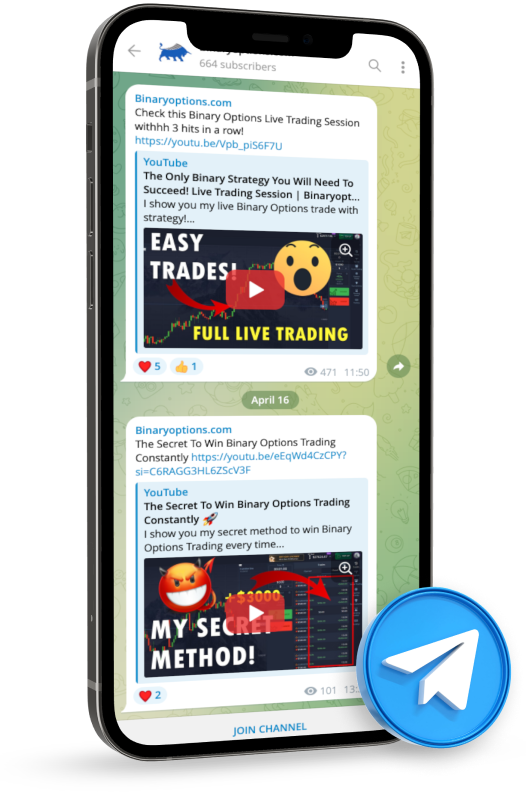Foreign exchange derivatives are financial instruments that derive their value from the exchange rate or the performance of one or more currencies, including options, forward contracts, swaps, and other derivative instruments traded in the foreign exchange market.

Foreign exchange derivative in a nutshell
- Foreign exchange derivatives derive value from exchange rates, including options, forwards, futures, and swaps.
- Types: orward contracts, futures contracts, and options.
- Binary options, though related to forex markets, are distinct from traditional forex derivatives.
What are the different types of Foreign Exchange Derivatives?
Foreign exchange derivatives encompass various instruments tailored to meet diverse risk management and investment objectives. Foreign exchange derivatives are usually of three kinds:
- Forward contract
- Futures contract
- Options
Did you know?
Foreign exchange derivatives are the most commonly traded financial instruments because they are profitable!
Forward contract
The traders who wish to limit their risks engage in forwarding contracts. These foreign exchange derivatives shield traders from the risk of exchange rate fluctuations.

An example of a forward contract
Let us assume you sell goods to someone. You agree to receive the payment for the goods sold sometime in the future. In this situation, you choose to enter into the forward contract.
The buyer will pay you the exact amount to which you both agree. This amount is usually the current price of the currency. Even if the currency fluctuates at the time of execution, you will have the value to which you agreed.
Futures contract
Futures contracts are the best financial instruments for speculators looking to make profits. The traders wishing to profit from the strengthening or weakening of the currency indulge in the futures contract.
There is speculation involved. Thus, it puts the traders at much greater risk.
An example of a future contract
Let’s say that Saudi Arabia, an oil-exporting nation, wants to enter into a future contract with the United States, which imports oil. They agree on a predetermined price of $60 per barrel of oil, which is the lock-in price. The contract specifies that Saudi Arabia will deliver 1,000 barrels of oil to the United States when the contract expires in three months.

Now, let’s assume that the price of oil fluctuates over the three months. At the expiry of the contract, the market price of oil is $70 per barrel. Despite this increase in the market price, Saudi Arabia is still obligated to sell the oil to the United States at the locked-in price of $60 per barrel as per the terms of the contract. So, the United States receives 1,000 barrels of oil from Saudi Arabia and pays $60,000 ($60 per barrel) as per the contract.
On the other hand, if the market price of oil had fallen to $50 per barrel at the expiry of the contract, Saudi Arabia would still be obligated to sell the oil to the United States at the locked-in price of $60 per barrel. In this case, the United States benefits from the lower market price but still pays $60,000 ($60 per barrel) to Saudi Arabia as per the contract.
Options
These are other kinds of foreign exchange derivatives that allow you to buy/sell the currency. These are options; you can enter into these contracts to transact at a certain price. Just like the future contract, options have expiry too. However, you can buy or sell certain options even before they expire.
An example of options
You must be aware of the term called ‘binary options.’ You can select any currency pair and trade it as a foreign exchange derivate. You only need to find a reliable binary options broker.
Most commonly traded binary options forex currency pairs include USD/GBP, USD/EUR, etc. However, a trader should predict accurately whether the currency pairs will increase in value or take a dive. Otherwise, you might lose your money.
Is Binary Options a Foreign Exchange Derivative?
Binary options can be considered derivatives in the sense that their value is derived from an underlying asset – in this case, the exchange rate in the forex market. However, they are not specifically foreign exchange (forex) derivatives in the traditional sense.

- Foreign exchange derivatives typically include instruments such as forwards, futures, options, and swaps that are directly linked to changes in exchange rates.
- Binary options, while related to the forex market, are a distinct type of derivative contract where the payoff is structured as an “all-or-nothing” proposition based on whether the underlying asset (in this case, the exchange rate) meets certain conditions at expiration.
Why are Foreign Exchange Derivatives popular among traders?
Foreign exchange derivatives are popular among traders because they are one of the most convenient assets to trade for all traders. They have high profitability and present better chances of earning profits because of market volatilities. However, it is also a game of speculation, and one should indulge only at his own risk.







